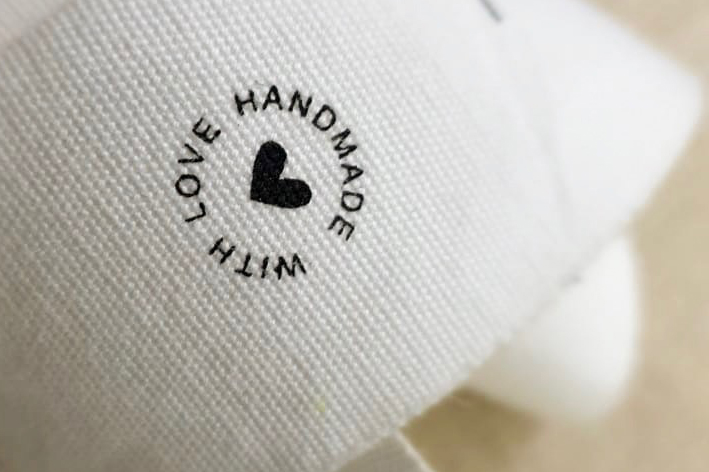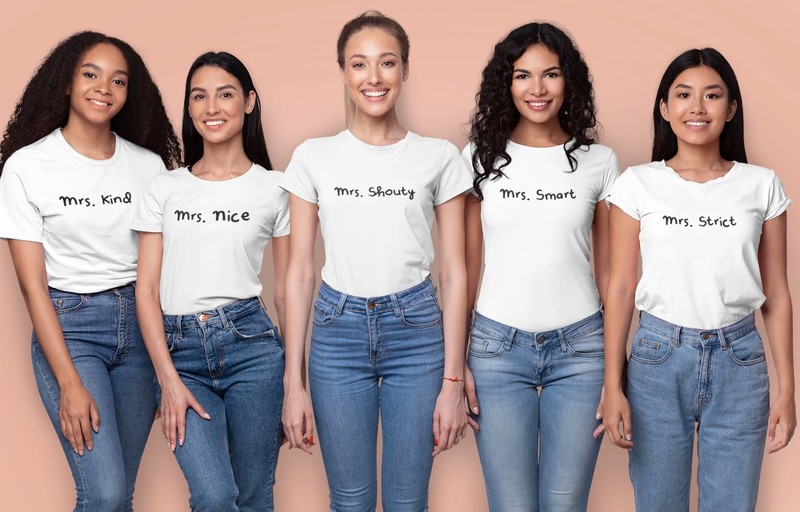We often view fashion as a form of self-expression, a chance to let the world catch a glimpse of who we are. We use clothes to signal our personalities, interests, affiliations, and sometimes, our beliefs. But beyond individual expression, fashion has been used as a means of conveying messages about broader social issues. It’s about time we delve deeper and recognize how fashion statements have been impacting social issues in ways that might surprise you.
1. Raising Awareness
Fashion has been a compelling platform to raise awareness about various social issues. By wearing clothing with explicit messages or symbols, individuals can raise attention towards issues that they feel are important. Take the American Gun Association’s free t-shirt for example. This shirt, adorned with imagery and text about the Second Amendment, aims to make a statement about the right to bear arms. It’s not just a shirt; it’s a conversation starter, encouraging discussions about constitutional rights and personal freedoms.

2. Encouraging Solidarity
Fashion can be a powerful symbol of solidarity and unity. When individuals wear specific designs or colors associated with a cause, it creates a visual representation of support and togetherness. Be it support for healthcare workers during a pandemic, or awareness ribbons for various diseases, these small but meaningful fashion choices can create a sense of belonging and collective strength.
3. Protesting Injustices
Fashion can serve as a non-violent tool for protesting against social injustices. It provides a way to voice dissent and rally support for change. We’ve seen this in action with the Black Lives Matter movement, where black clothing became a symbol of protest against racial inequality. This sends a clear message that fashion can be a powerful instrument of resistance.

4. Shaping Public Opinion
Fashion statements can influence public opinion and contribute to the cultural narrative about social issues. By wearing clothing that communicates a particular message, individuals can subtly sway others’ perceptions and attitudes. Even if the shift in perspective is minimal, it’s a step towards fostering empathy and understanding.
5. Inspiring Change
Lastly, and perhaps most importantly, fashion has the power to inspire change. When used strategically, fashion can ignite social reform and bring about societal transformation. One may think that it’s just a piece of clothing, but imagine its impact when worn by millions who share the same belief.
Fashion is more than just trends and style; it’s a potent tool that can inspire action and effect change. It allows us to express our beliefs and advocate for causes close to our hearts. From sparking conversations like the one around the American Gun Association’s free t-shirt, to uniting individuals in solidarity, fashion has demonstrated its capacity to influence and shape the social landscape.
Fashion and social issues are two different worlds that are intrinsically linked. While we admire the aesthetic beauty and creativity in fashion, let us also appreciate the power it holds in catalyzing societal change. And for more insight on the use of fashion as a social tool, you might want to check out 9 fashion tips for the practical, hardworking man. It illustrates how our everyday fashion choices can send powerful messages about who we are and what we stand for.
In conclusion, it’s clear that the connection between fashion and social issues is more profound than we often acknowledge. So, the next time you put on a piece of clothing, think about the statement you’re making. Whether it’s a shirt supporting a cause, a pin promoting awareness, or an item that is part of your identity, remember: your fashion choices have the power to change the world.
The Empowerment of Ethical Fashion
As fashion becomes more entwined with social advocacy, a significant trend that has emerged is ethical fashion. Ethical fashion refers to clothing and accessories that are produced with a high regard for social and environmental standards. It’s about making sure that the people involved in the production process are paid fair wages, work under decent conditions, and that the environmental impact of production is minimal. Ethical fashion gives consumers the ability to vote with their dollars for a more sustainable and fair world. It empowers us to make choices that align with our values and contribute to the betterment of society.

The Role of Brands in Shaping Social Norms
Brands have a considerable role to play in driving social change through fashion. They are not merely producers of clothing but are influencers who shape social norms. Some brands have started to embrace this responsibility by taking stands on social issues, be it through sustainable practices, fair trade, or inclusive representation. Brands that incorporate social responsibility into their business models often attract customers who share the same values, fostering a sense of community and collective purpose. It is evident that socially conscious brands are not only succeeding in business but are also effecting positive societal change.

Uniting Art and Advocacy
Fashion is an art form, and like all art, it has the power to provoke thought and stir emotions. When used as a medium for social advocacy, it merges the world of aesthetics with the world of activism. Designers are increasingly using their collections as a platform to highlight various social issues, from climate change to gender equality. They are pushing the boundaries of fashion, transforming it from a mere representation of personal style to a reflection of societal consciousness. For a deeper dive into how fashion can shape societal consciousness, this article on celebrities who regret their tattoos provides an interesting perspective on the influence of fashion on public opinion.











